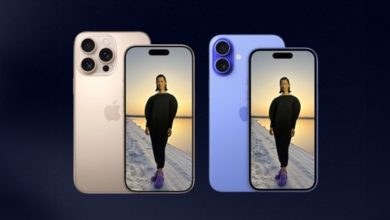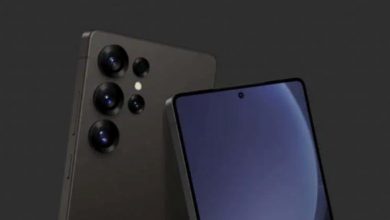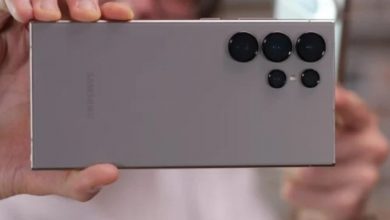Guess the operating system of the “smart pin” Humane AI Pin

For some it will be the smartphone of the future, for others an interesting experiment, the fact is that Humane AI Pin it’s the electronic device of the moment (do you know how to deactivate push notifications?).
During last week’s presentation, which he revealed technical features And price of the new one smart pin and sparked the enthusiasm of fans, but one detail was missing: that operating system uses?
In reality we know that Humane call his OS Cosmos, a simple, streamlined system that runs on limited hardware (4GB of RAM and 32GB of storage) and relies heavily on on artificial intelligence to understand the world around you.
However, it is difficult to imagine that a small company like Humane could develop a proprietary solution, and now, directly from a job offer on the company website we know that Cosmos is based on Android.
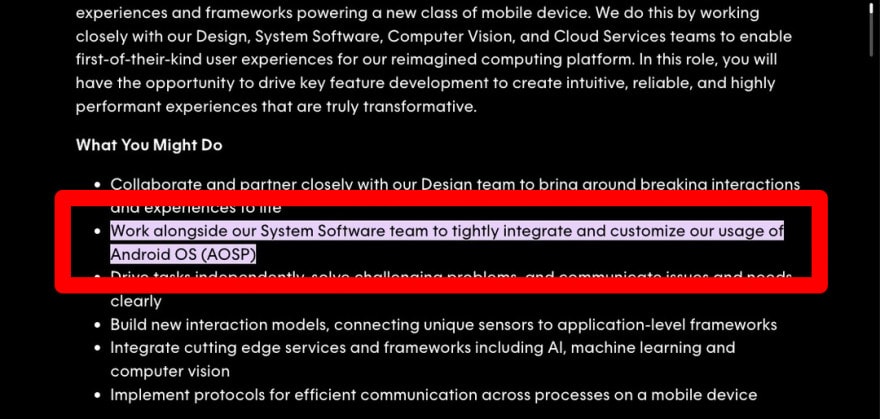
In the job offer, discovered by marvinbernal who shared it on Threads, in fact, we read the need for a figure who works “alongside our System Software team to tightly integrate and customize our use of the Android operating system (AOSP)”.
So Cosmos is based on Android, which in retrospect is quite logical, given not only the huge availability of APIs And applications, but also the versatility of the system. And, all things considered, his too lightness, in the absence of management screen or graphics components, and probably delegating the computational effort to the cloud.
Cosmos it is in fact an extremely complex system, capable of recognizing the surrounding world, for example to know the caloric content of a food foodand ours gestures, such as rotating your wrist or closing your fingers. Interaction also occurs through voice commands in natural language, and even offers a graphical interface through a laser ink projector.
We know that they are among Humane’s partners OpenAI (we know the pin uses GPT-4), Google (who probably collaborated in some way on the OS), Microsoft, Tidal (for music services) and others, so the extremely promising project is supported by industry giants.
Nonetheless, being AI-based, it also showed the weaknesses of this technology and the need to control it Always the affirmations. In the presentation video, surprisingly ignored by the company, the founders actually showed the capabilities of the pin by asking what the better place to see the solar eclipse of April 2024.
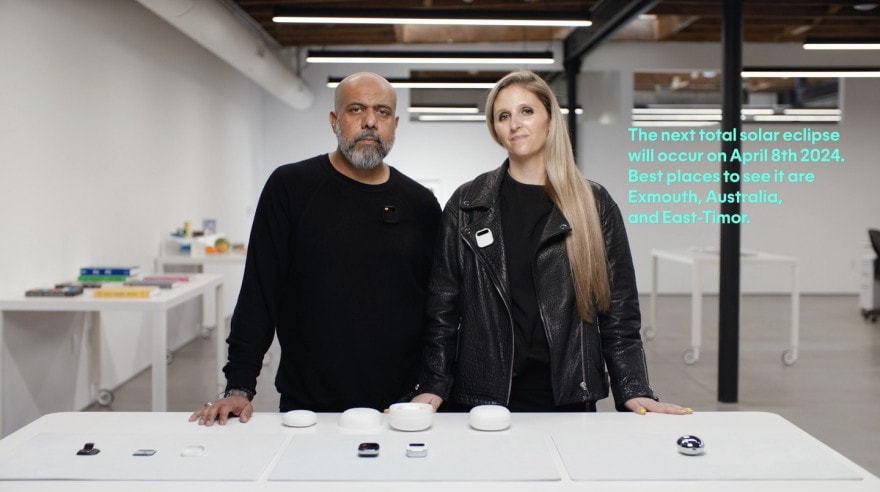
Source: Threads
The chatbot responded that it will be in Australia, when instead the best place will be the United States and Mexico (it was probably “confused” with the 2023 eclipse). The debut, which to some extent recalls the gaffe of Google with its chatbot Bard at the beginning of the year, it sparked a certain outcry on social media and relaunched the question about the opportunity to rely completely on AI (after all, without a screen, how can you control the information?).
